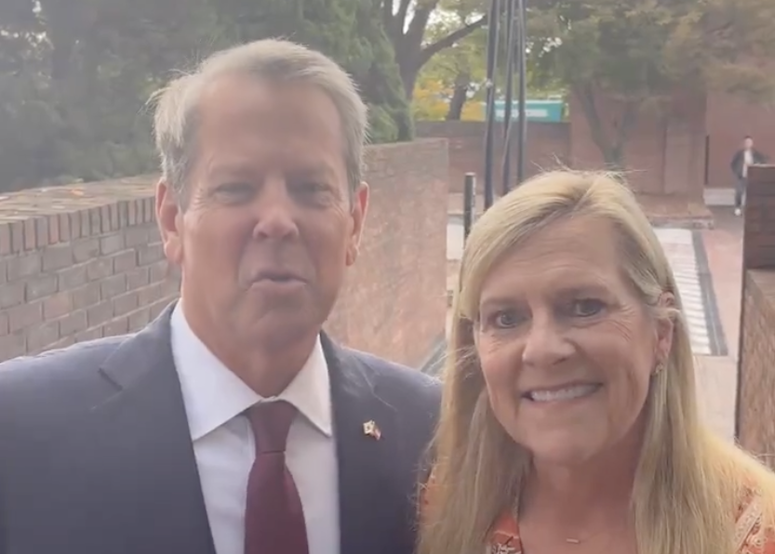Oregon wildfires are adding more fuel to young activists’ legal climate battle
OREGON – In early September, Jacob Lebel was in Clackamas, Oregon preparing to relocate a tannery to his family’s Rose Hills Farms when fire broke out 180 miles away. He was quickly summoned back.
Lebel, 23, drove three hours home to defend his farm under banks of yellow clouds that slowly reddened until purple hues overtook the area just north of his farm, then turned to reddish brown, then black.
“I’ve never seen anything like it, it was quite an experience. Very eerie,” he said. “It was not even sunset and it was just pitch black.”
Oregon suffered its most intense fire season in recent history this fall, with blazes raging across the state killing 11 and destroying at least 4,500 buildings. The state, like others in the American west, has seen its fire season grow longer and more fierce in recent years, as climate change-related drought and heat have made the landscape more prone to burning and years of fire suppression have caused fuels to build.
Now, the plaintiffs in a landmark climate change lawsuit against the US government are shoring up their legal footing following the fires. Lebel is one of 21 young plaintiffs who sued the US government in 2015 over climate crisis.
More than half of the plaintiffs in Juliana v United States are from Oregon, and at least 10 litigated increased risk of wildfire when they originally sued the federal government. They charged that the government’s continued subsidies, authorization and permits for the fossil fuel energy system were violating their constitutional rights by contributing to a changing climate.
Julia Olson, attorney for the plaintiffs, said following the 2020 fires, the legal team was shoring up records related to the fires, including photographs of plaintiffs in homes in Portland and Eugene, where air quality was some of the worst in the world during blazes. Those who received disaster notices from the federal government or insurance providers were also gathering those records for the court, she said.
The case was dismissed by a ninth circuit court panel in January. The plaintiffs are seeking a rehearing by the full ninth circuit court. Olson said their attorneys are reaching out to the transition team of President-elect Joe Biden and plan to ask the department of justice, under Biden, to file a brief amending its legal position in the case. She said the plaintiffs will also seek to negotiate a climate recovery plan to settle the case, one to be filed by consent decree with the court.
“It’s really only through this kind of court order to protect fundamental onstitutional rights that Biden can secure that … lasting climate legacy for his presidency,” she said. “Particularly if Democrats don’t take back the Senate, there’s only so much a president can do that actually is secure for future generations. This takes it out of that political realm and into that constitutional realm where a court order binds our government to stop destroying young people’s rights.”
Lebel is one of two plaintiffs who were raised on farms in Oregon’s rural south, which are regularly threatened by the lengthening wildfire season. They’ve charged the fires threaten their families’ livelihoods, health, and property.
Lebel’s biodynamic farm raises vegetables, meat, eggs, dairy, fruit, nuts and timber. “If we were really unlucky we would lose 15 to 20 year old fruit-bearing trees, we’d lose structures, a greenhouse, fencing, timber – ecosystem damage all around that would take years to fix,” Lebel said about the threat of the fires.
Amid warnings of evacuation, his family and farmworkers spent nearly three days filling and repairing a water truck and pressure washers, hooking up pumps and filling an orchard sprayer in preparation to defend the farm. They cleared a 10-foot radius around his house and other critical structures with a bulldozer, plowing under grass, cutting branches, and anything else that could burn close to buildings.
In such a scenario, he said, “Moving the animals out on short notice like that is not very practical.”
He said workers wore N95 masks for breathing, and that his geese wheezed throughout the ordeal. After three days, when it was clear the farm would be spared, he was notified that the tannery he had been preparing to relocate was under threat from the Clackamas areas fires. He rented a U-Haul and drove north to rescue customers’ hides from that business
“There was some freak things like the windstorms but we are definitely seeing a trend of hotter, drier, longer fire seasons,” he said.












